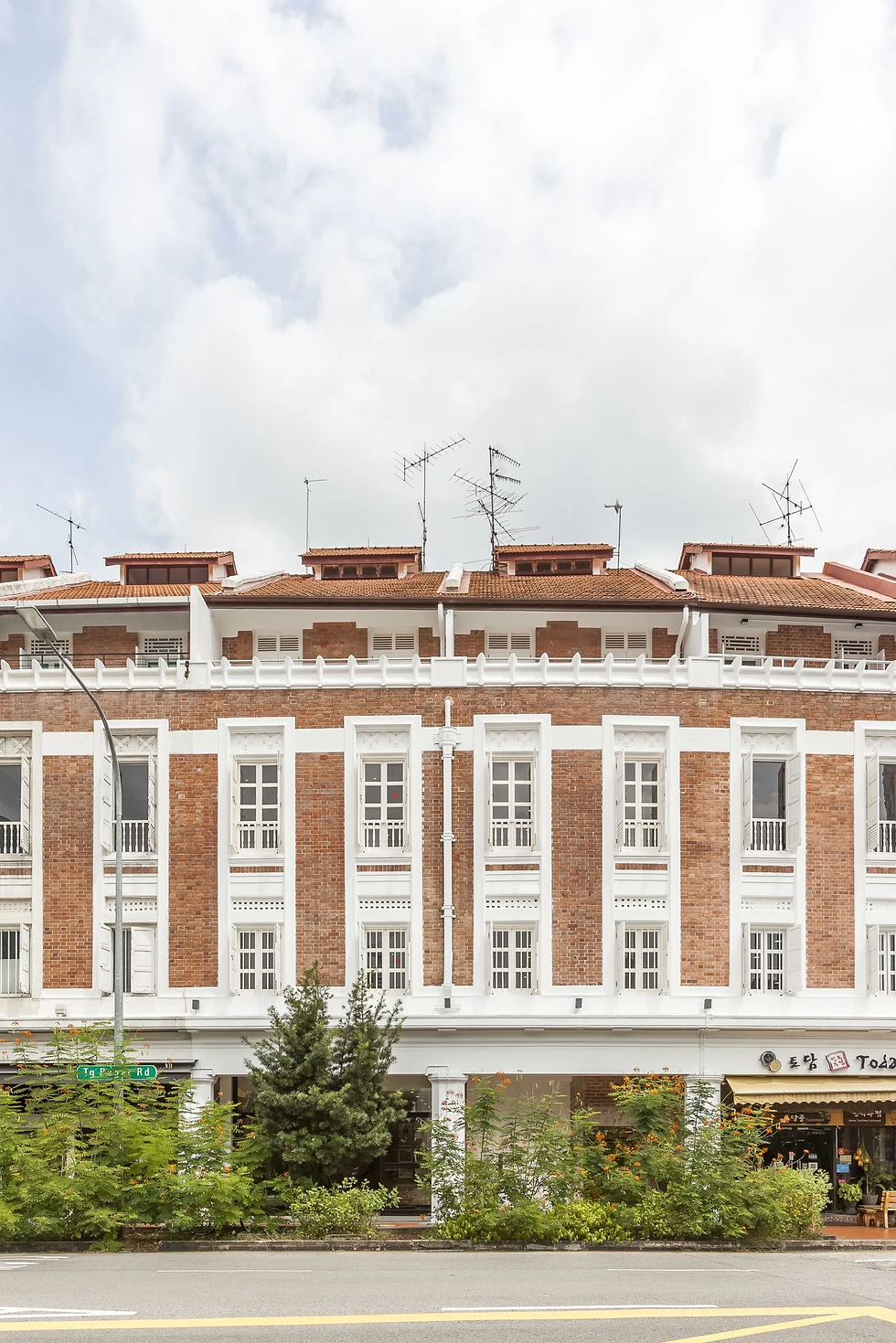The Ultimate Guide to Selecting a Profitable Shophouse for Investment: Insights from a Seasoned Agent
- Propnex Shophouse Elites
- Apr 6, 2024
- 3 min read

In response to the latest round of property cooling measures, Singapore’s real estate landscape is shifting. The Additional Buyer’s Stamp Duty (ABSD) rates saw a sharp increase, particularly for foreign buyers, whose ABSD doubled from 30% to 60%. Singaporeans and PRs purchasing second homes now face 20% and 30% ABSD, respectively.
With these changes aimed at curbing residential property investment, many investors are now exploring alternative asset classes—particularly commercial properties, which remain exempt from ABSD.
Why Shophouses Are Gaining Investor Attention
According to Richard Tan, Senior Associate Group District Director at PropNex Realty, these measures reinforce the idea that residential properties should primarily serve as homes, not investments. As a result, investors are redirecting their focus to commercial assets, such as shophouses.
Richard and his team at PropNex Shophouse Elites have been specializing in the shophouse market since 2011/2012, when the government first introduced ABSD. Even then, savvy investors recognized the unique investment potential of shophouses compared to standard residential properties.

Unlike residential properties, shophouses offer investors several key advantages:
✔️ No Additional Buyer’s Stamp Duty (ABSD) – Investors can purchase multiple shophouses without incurring hefty taxes.
✔️ No Seller’s Stamp Duty (SSD) – Unlike residential properties, shophouses can be resold without a holding period, offering greater liquidity.
✔️ Rarity & Heritage Value – With limited supply and historical significance, shophouses are not just real estate but collectible assets.
Shophouses: A Rare & Valuable Asset
Unlike conventional commercial properties, shophouses are unique, heritage-rich assets with limited availability. Richard describes shophouses as the “art” of real estate investing, a finite asset class where each unit has its own story, architecture, and character.
“If residential property is a commodity, then a commercial shophouse is a collectible investment,” he explains.
He likens the process of investing in shophouses to discovering an unpolished diamond, which requires experience, market insight, and a keen eye for value.
No Restrictions on Foreign Ownership
One of the biggest draws of shophouses is that foreign investors can freely own commercial shophouses. Unlike landed residential properties, which are considered restricted assets, commercial shophouses can be bought and sold by foreign buyers without government approval.
As a result, overseas investors have been actively acquiring shophouses, with foreign buyers accounting for 20-30% of total shophouse transactions—a proportion that continues to grow. In prime districts like Tanjong Pagar (D2) and Chinatown (D1), nearly half of all shophouse buyers are foreigners or PRs.
Empowering Investors with Knowledge
Given the increasing interest in shophouses, Richard and Tyson Yuk, Associate Group Director at PropNex Realty, recently co-authored a book titled "The Untold Truth of Investing in Commercial Properties." The book provides valuable insights, including a 10-point checklist for navigating the shophouse market.
“We wrote this book to empower Singapore investors to own not just a piece of real estate, but also a piece of history.”
Is a Shophouse Investment Right for You?
With no ABSD, no SSD, and increasing demand, shophouses present a compelling investment opportunity. Whether you're a seasoned investor or new to the market, understanding the nuances of shophouse investing can help you make informed decisions.
Would you consider investing in a shophouse? Let us know in the comments below!
Explore our latest listings or get in touch with the PSE team to find the right shophouse for you!






Comments